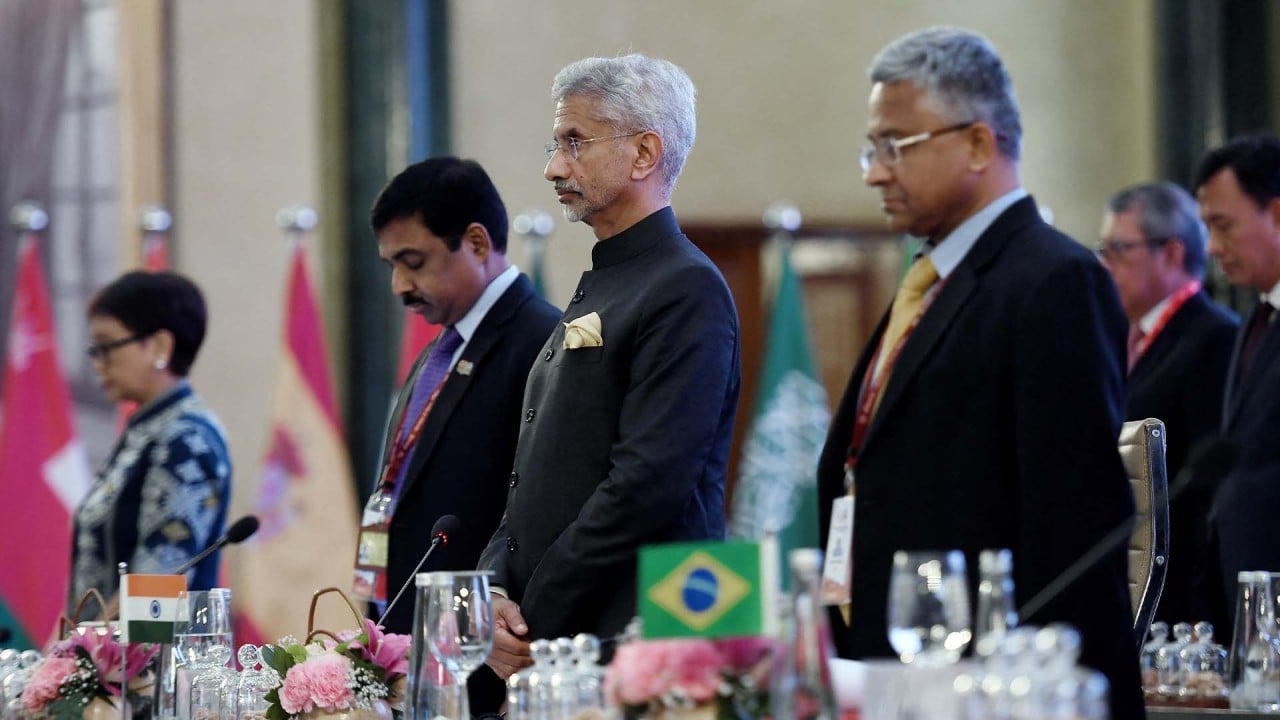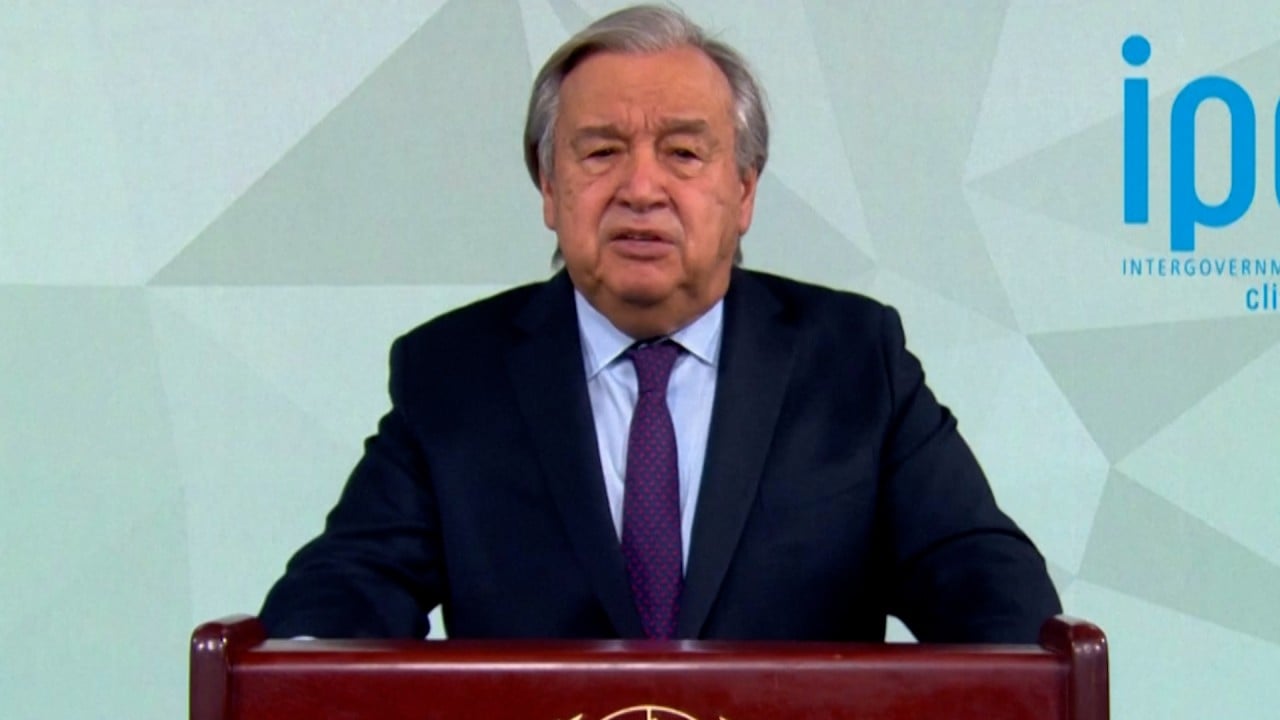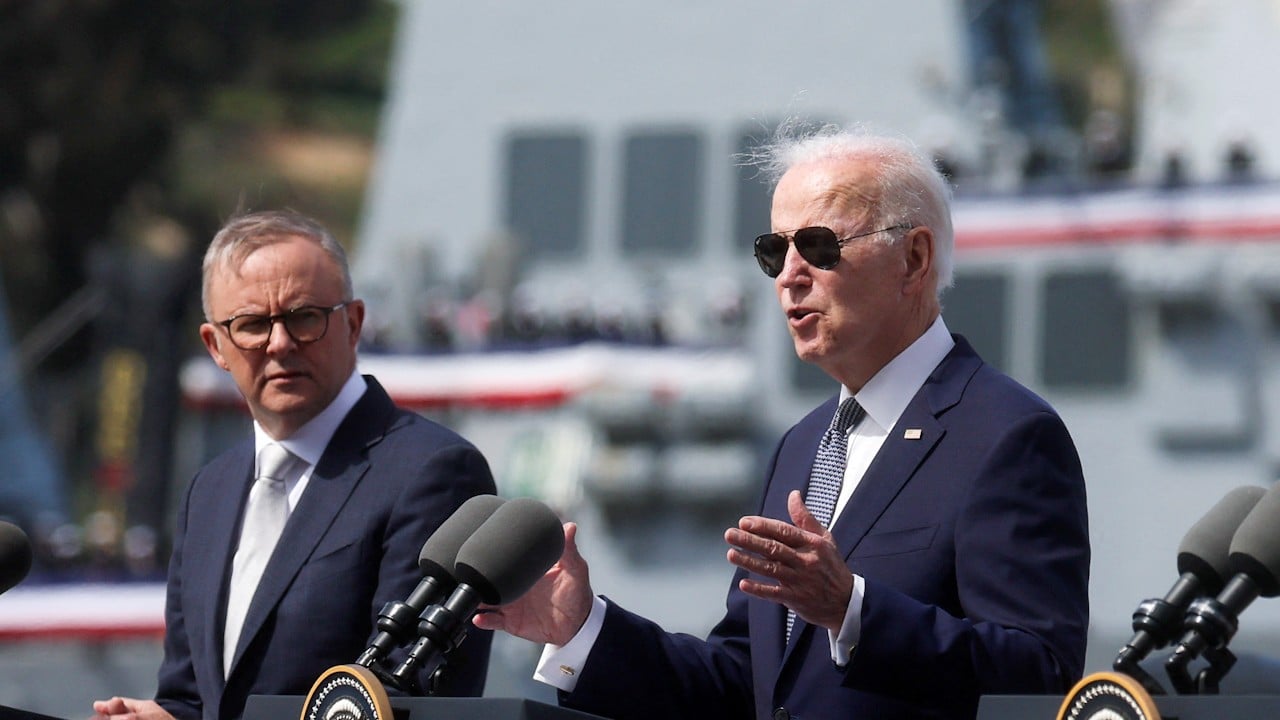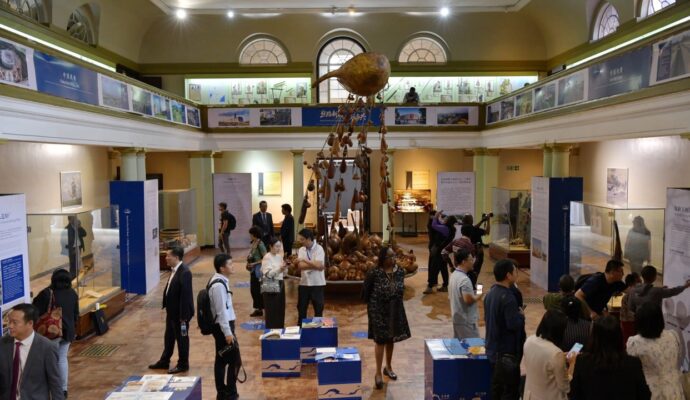So, the G20 can be a lame duck and do nothing as countries play “nuclear chess”. Or India can deliver an ultimatum: G20 nations will ban trade with any country fuelling nuclear proliferation (that is, stationing nukes outside their borders or sharing them). Does India have the guts to do this?
Then there is the next economic crisis. As reverberations from Silicon Valley Bank’s collapse spread, Australia and New Zealand Bank CEO Shayne Elliott has warned of a global recession. And with war in Ukraine hard on the heels of the Covid-19 pandemic, the World Bank has floated the idea of a “lost decade” in global growth.
Like in the 1930s, an economic decline might translate into radical politics. Countries could be turned upside down, politically and socially, colliding with one another. The G20 can watch silently (until it’s too late) or take pre-emptive action.
Could India propose a G20 fund that members can tap when they feel the squeeze? Or, even “mini-investment blocs” within the G20 for different areas?
These are only two of the crises plaguing the world. There are countless others, like how artificial intelligence is predicted to affect 300 million jobs across Europe and North America. Or the spread of social unrest around the world, like in Paris and Tel Aviv recently, jeopardising the stability of countries.
Regardless of which crisis the G20 decides to tackle first, there will be serious hurdles. First, the G20 is besieged by global rivalries. When finance ministers gathered in Bangalore recently, the Ukraine war overshadowed every meeting. There was no consensus over the final communique, with France refusing to sign unless it condemned Russia. Then, India, as the host nation, unexpectedly tried to remove the mention of “war” from the final statement.
Another G20 gathering didn’t even have representatives from China, thought to be because the venue was in Arunachal Pradesh, an eastern Indian state that China claims as its own.
The G20, a group that has tried hard to stay above the noise, is now in the mud, defined by nations fighting for power. Ahead of a gathering of heads of state for the G20 summit in September, the group has been unable to agree on a statement or even bring all members into the same room.
Second, the challenges that once brought everybody together, like climate change, no longer have the same pull. In the middle of a global energy, inflation and food security meltdown, pollution or melting glaciers may not be the priority. Except that, with climate action up in the air, there is no longer any issue on which the entire G20 is aligned.
And, the challenges facing each member state differ significantly in their severity. For Russia, its biggest challenge is economic sustainability; for China, it’s demographics; for India, jobs.
Third, few nations want to work with the “whole world”. Even before the Ukraine war, governments only wanted to work with like-minded nations, as seen with the formation of the Aukus alliance and the Shanghai Cooperation Organisation. This further drives “vertical globalisation”.
There has been a rapid return of ideology and tribal mentality to the world stage. This is creating new barriers that restrict how countries can work together and is driving an atmosphere of permanent distrust in global affairs.
Finally, even the West is divided, with France reportedly trying to bring Ukraine and Russia to the negotiating table under a “secret plan” supported by China, while the G7 debated a complete ban on exports to Russia. These strategies are not aligned or calibrated. They contradict one another. And they could cause the Western world to split.
All of this is significant for the host nation India. The new status quo of division and paralysis could mean India chairing the most impotent G20 in modern times. If nothing is achieved, all the blame will be on New Delhi. And if the G20 is a failure, then the perception of India as a rising superpower capable of global leadership will be tarnished.
The future of both India’s standing and the G20 are now intertwined. The question is, under India’s leadership, will the G20 crumble and be swept aside? Or will it undergo a rebirth?
Abishur Prakash is the CEO of The Geopolitical Business, an advisory firm in Toronto. He is a global speaker and the author of five books, including his latest, “The World Is Vertical: How Technology Is Remaking Globalization”.





